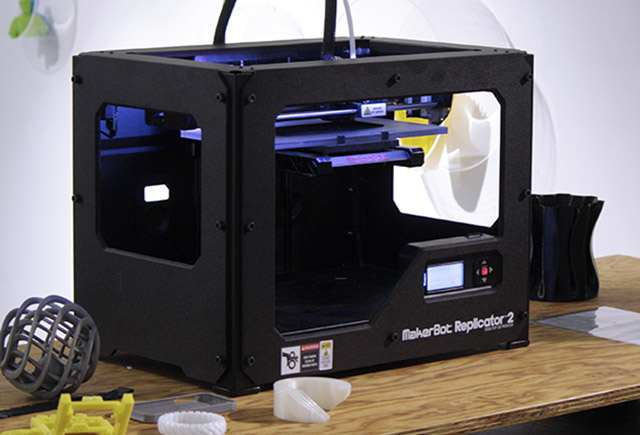Evident to this is Canon’s state-of-the-art head office space they currently occupy in Southdowns, Centurion. They specifically earmarked this building three years ago because of its optimal energy and resource efficiency.
Canon’s Environmental Charter is also reviewed annually and the company has managed to successfully maintain its ISO 14001 environmental accreditation since 2007.
In its Environmental Charter, Canon SA affirms that it will continue with efforts to keep its business operations in harmony with the interests of the environment and community by offering products with less environmental impact and through innovative improvements in resource efficiency.
The fundamental principles of the Charter are supported through various activities, which include amongst others prioritizing the procurement of resources with the lowest environmental impact. Others include removing and disposing e-waste generated through its operations with formal recyclers according to best practice, and encouraging recycling, electricity saving and the efficient use of resources across the organisation. Canon’s environmental print strategy, which centralises the company’s printing unit and defaults to printing on both sides of the page, saves money as well as the environment. Another initiative is an ongoing collections programme on electronic waste at all Canon warranty centres, managed by Partserve.
Canon SA also runs and supports a number of programmes to help drive some local conservation awareness campaigns. One of the companies most significant projects is the Segametsi SOLAR Light Project which has seen over 400 BettaLight solar lighting units installed in underprivileged homes in the communities of Khatorus and New Jerusalem since 2014.
According to Canon SA’s Sustainability Manager, Iza Daly, demand for the sun-powered lighting units continues to grow. “We are pleased with the progress of the CANON Segametsi SOLAR Light Project since its inception. We have extended the project into 2015 to help light-up more homes in needy communities.”
The solar lighting project is a joint initiative between Canon SA and the non-profit organization, Segametsi Hope SA. Canon is hoping to install solar lighting solutions into three million households in Africa, which will be achieved through a phased approach.
The project benefits people in areas such as squatter camps, rural areas, as well as areas with electricity access but where many households are unable to afford it. Beneficiaries are identified based on need and are required to pay a rental of R70 per month for the BettaLight solar lighting system.
This is cheaper than the estimated R100 to R300 per month average homes in these communities are paying for fuels such as paraffin (kerosene), candle lights and wood-burning fires, which are all a potential safety hazard.
In addition to this saving, beneficiaries can also save on the R20 to R40 they are paying to charge their mobile phones at local spaza shops because they will be able to charge them at home. They may even recoup some of their monthly BettaLight rental cost by charging neighbours to charge their mobile phones. As part of the project, co-operatives are being set-up in the beneficiary communities and local people are being trained to install and maintain the solar lighting solutions. These co-operatives will be able to apply to the Department of Trade and Industry for additional grant funding to purchase more units.
“With sun-powered lighting, these homes have a source of reliable light that is far safer and more cost-effective than candles and paraffin lamps. Families are able to conduct nightly chores, and children are able to study and read with adequate lighting,” says Daly.
“We are serious about doing more than just paying lip service to our commitment to sustainable business and are very proud of the achievements we have made in recent years,“ concludes Daly.


